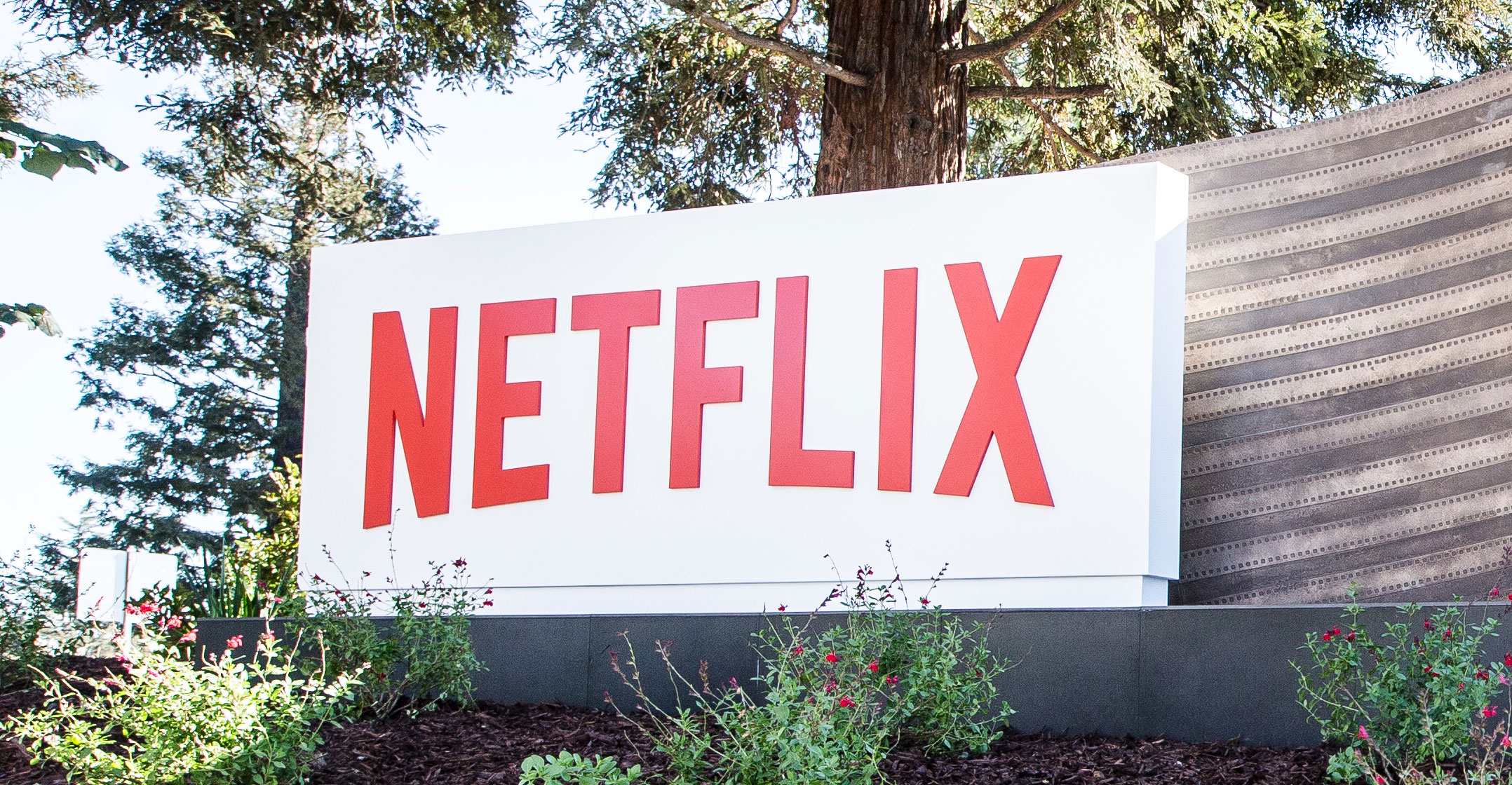 Media giants are realising what Netflix already knows: streaming is expensive.
Media giants are realising what Netflix already knows: streaming is expensive.
The costs are adding up as Walt Disney, WarnerMedia and Discovery build their own online video services to make up for shrinking cable and DVD businesses. Those investments, coupled with efforts to pull back content from Netflix and other online services, mean revenue and profit will be under pressure for years.
“Starting a direct-to-consumer service takes an incredibly strong stomach for losses,” said BTIG analyst Rich Greenfield. “If you want to win, it’s very expensive.”
Deep-pocketed buyers like Netflix and Amazon initially helped media companies survive the decline in DVD sales and rentals by providing a new outlet for movies and TV shows. But now they’ve become a threat — luring customers away from lucrative cable subscriptions — and have forced major media companies to develop their own online services.
Disney lost just under US$100-million on streaming in the first quarter and expects to lose an additional $200-million on its online video efforts in the second quarter, mostly to develop ESPN+, its subscription sports channel. The company will also surrender about $150-million in operating income after cutting off licensing to competing services, executives said on a February call. Captain Marvel, a superhero blockbuster that opened on Friday, is the first Disney movie in years that won’t eventually show on Netflix.
Michael Nathanson, a media analyst with MoffettNathanson, expects the Burbank, California-based entertainment giant to lose more than $1-billion this year and another $1-billion next year by forgoing licensing deals and investing in its online video business, including Disney+, which will be the TV home for the company’s movies when it debuts later this year.
Streaming advantage
AT&T, which bought Time Warner for $85-billion last year, is looking at a minimum of $1-billion in new annual costs for added programming it wants from HBO, the premium cable network. The phone company sees streaming as a way to attract wireless customers and take revenue from Netflix. HBO spent about $2.2-billion on programming in 2017, and AT&T has said it will boost the network’s budget by 50%.
Meanwhile, Discovery expects to sink $200-million to $300-million into its digital efforts in 2019. The company, owner of HGTV and Animal Planet, recently created an online video service for golf fans and has hinted at starting a subscription video channel dedicated to Chip and Joanna Gaines, the stars of Fixer Upper. It also streams live matches in Europe on its Eurosport Player, which it calls “the Netflix for sports”.
In January, Viacom sunk $340-million in Pluto TV, an advertising-supported multi-channel TV services that operates online.
 It takes deep pockets to be like Netflix, which will spend about $14-billion on content this year. “You need code writers who are very expensive. It’s not like the old days.”
It takes deep pockets to be like Netflix, which will spend about $14-billion on content this year. “You need code writers who are very expensive. It’s not like the old days.”
For starters, you need to invest large sums in technology. Disney bought tech expertise by acquiring a majority stake in BAMTech, which handles the back-end infrastructure for the company’s streaming offerings. Media companies also need to hire engineers to ensure their video services don’t crash on different platforms like Roku, Amazon and Apple, said Needham & Co analyst Laura Martin.
“You need code writers who are very expensive.” Martin said. “It’s not like the old days when a signal bounced off a satellite and everyone gets it on a set-top box.”
But the biggest cost is creating exclusive shows and films for those services. CBS has launched several original series exclusively for its online $5.99/month channel, CBS All Access. One of them is Star Trek: Discovery, which costs on average $8-million per episode, making it one of the most expensive shows in TV history, according to Variety.
“All these companies are really splurging on new shows,” Bloomberg Intelligence analyst Geetha Ranganathan said. “With all the different options available today to the consumer, content becomes the true differentiator.”
Besides the upfront costs, there’s also the lost income by no longer selling hits to rivals. On an earnings call last month, Discovery CEO David Zaslav said his company has “purposely left meaningful revenue dollars on the table” by not selling past seasons of its shows to streaming services.
‘Risky’
Building a global streaming service is “risky” because media companies are trading a sure thing — licensing revenue — for a business model where “no one has actually generated material free cash flow yet”, Nathanson said. Netflix expects to have a negative free cash flow of $3-billion this year as it spends eye-popping sums on shows and movies.
Media companies will hit “peak spending” this year as they invest to get their streaming services off the ground, Martin said. Most will add enough customers to break even after their third year, she predicts. Disney said last month that ESPN+ now has two million paid subscribers, double from five months before. CBS and Showtime combined have over eight million online subscribers, while HBO has about eight million online-only subscribers, though many of them watch through Amazon and Hulu, giving those companies control over valuable viewer data, according to Greenfield.
 Not everyone is willing to accept the trade-offs. While Disney plans to keep its movies and shows for its own properties, Comcast’s NBCUniversal plans to continue licensing programmes to others — and then keep the rights to some shows for its new streaming service, which is expected next year. AT&T’s WarnerMedia just renewed a licensing deal with Netflix for reruns of Friends, despite plans to start its own streaming channel later this year.
Not everyone is willing to accept the trade-offs. While Disney plans to keep its movies and shows for its own properties, Comcast’s NBCUniversal plans to continue licensing programmes to others — and then keep the rights to some shows for its new streaming service, which is expected next year. AT&T’s WarnerMedia just renewed a licensing deal with Netflix for reruns of Friends, despite plans to start its own streaming channel later this year.
Nathanson summed up their thinking this way: “Strategy is nice. Money is nicer.” — Reported by Gerry Smith, (c) 2019 Bloomberg LP

